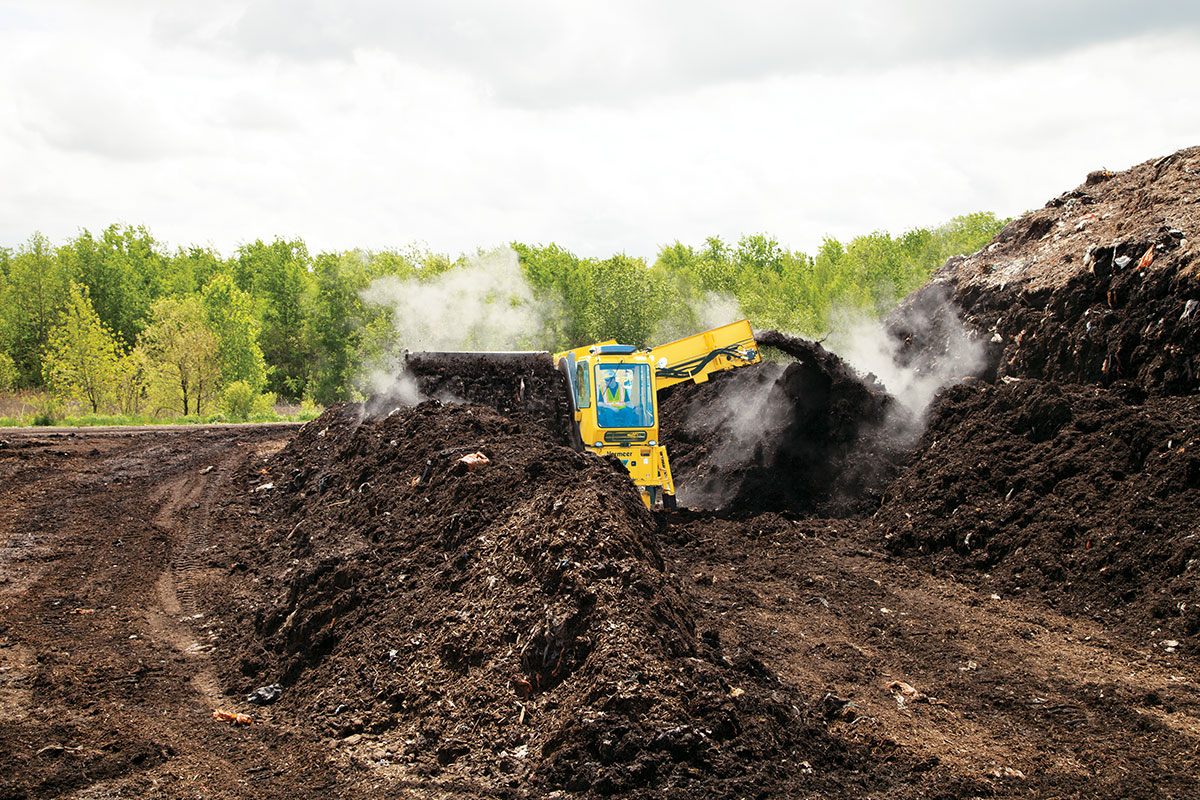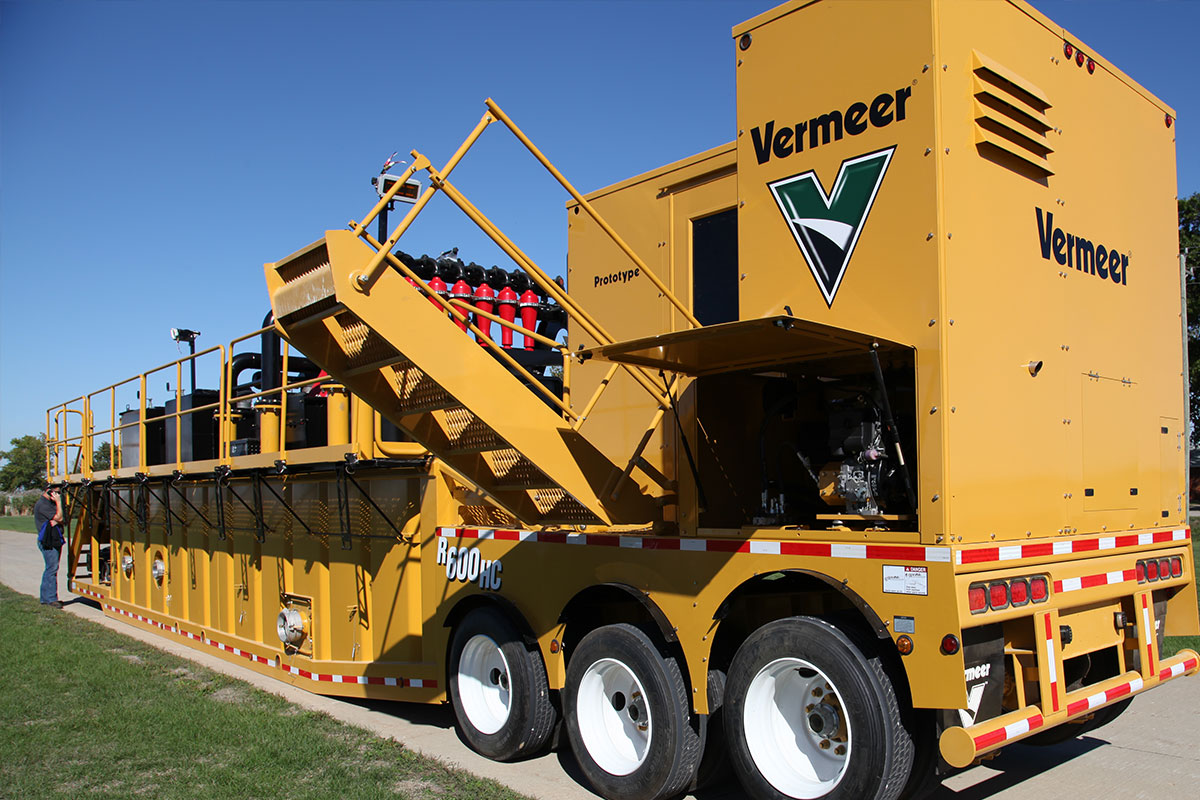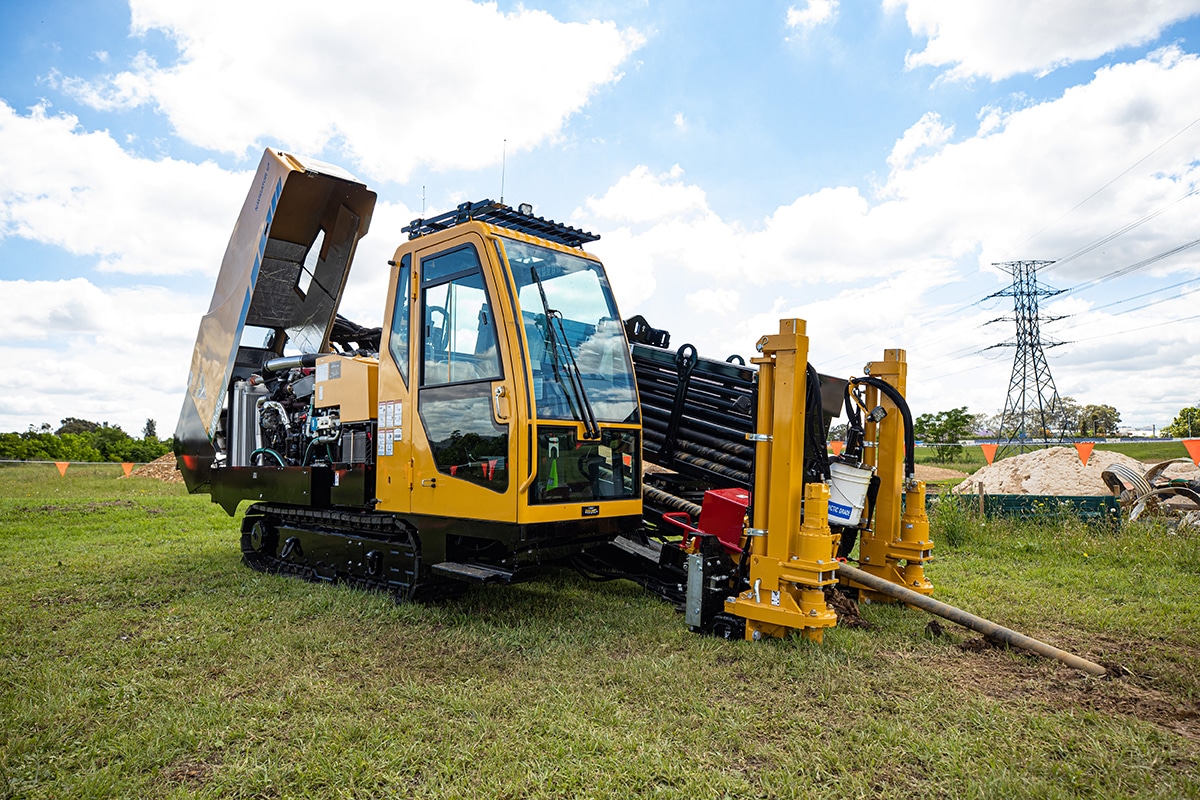The mid-project findings from a trial of compost applications under grapevines at three Mornington Peninsula vineyards found an improvement in soil moisture, soil structure, soil temperature stability, better protection on very hot days and a probable biomass increase.
The project, a partnership between the local vineyards, Port Phillip and Westernport Catchment Management Authority (PPWCMA) and Landcare, started in early 2015 and takes place over two years.
The study aimed to assess whether applying compost mulch under vines would reduce weed densities and herbicide use, improve water use efficiency and soil health, and reduce vine stress on extreme heat days.
SESL Senior Soil Scientist and data analyst for the project, Declan McDonald, found the trial data confirmed previous research that shows compost improves vineyard soil quality, such as the Grassroots Vineyard Mulching Trial and the CSIRO report Compost as mulch for vineyards.
The results showed that during periods of heat, the application of compost improved the efficiency of irrigation infiltration and eliminated the need for night irrigation.
During the wetter months, the compost test rows quickly dried out after rainfall, whereas the control rows stayed waterlogged for more than a week, which caused a decline in their biological activity and plant health.
Mr McDonald said more research was needed to fully quantify benefits from compost, such as a strategic assessment of soil needs and customised composts.
Joe Vaughan from 100 Hunts Vineyard in Tuerong hosted one of the trial sites. He said using compost mulch on his vines over the past two years had resulted in a 50 per cent decrease in herbicide use due to less weed pressure.
Other successful compost applications include the De Bortoli Wines operation in Yarra Valley, Victoria, which experienced beneficial increases in earthworm numbers and fungi while maintaining organic matter at high levels and improving the moisture retention of soils.
De Bertoli make their own compost using the aerobic windrows used by most commercial composters, carefully maintaining temperatures below 65°C to keep the piles from becoming anaerobic.
Treasury Wine Estates in South Australia wanted a reduction in evaporation losses from rainfall and irrigation, and more organic matter in and structural improvements in their soils so as to improve water infiltration.
They also aimed to reduce the soil temperature under the vines to allow the roots to survive in the top 200mm of soil.
Within three years, the application of compost led to water savings and made the vines healthier, stronger and more drought resistant. There were improvements in yield and organic carbon in the soil.
At first, Treasury made the compost mulch themselves, but later outsourced to commercial suppliers, which now supply all the vineyard’s compost.
Vermeer Australia National Sales Manager for Environmental Equipment Craig Baillie said the research showed that compost was beneficial for wine production and vineyards should jump at the chance to improve their production.
Mr Baillie said, “Compost production is a growth industry and this is simply further confirmation of the agricultural utility of an already useful and versatile product.
“People have been talking about this for years, but these studies are proving categorically the benefits compost has on vineyards – it’s not just something you heard through the grapevine.”
Mr Baillie said that with its range of compost turners and trommel screens, Vermeer was heavily involved in the production of high quality compost.
“Vermeer’s durable and reliable equipment makes compost producers more efficient and consequently boosts production significantly.
“There has never been a better time to be a compost producer.”

 MyDealer:
MyDealer:


